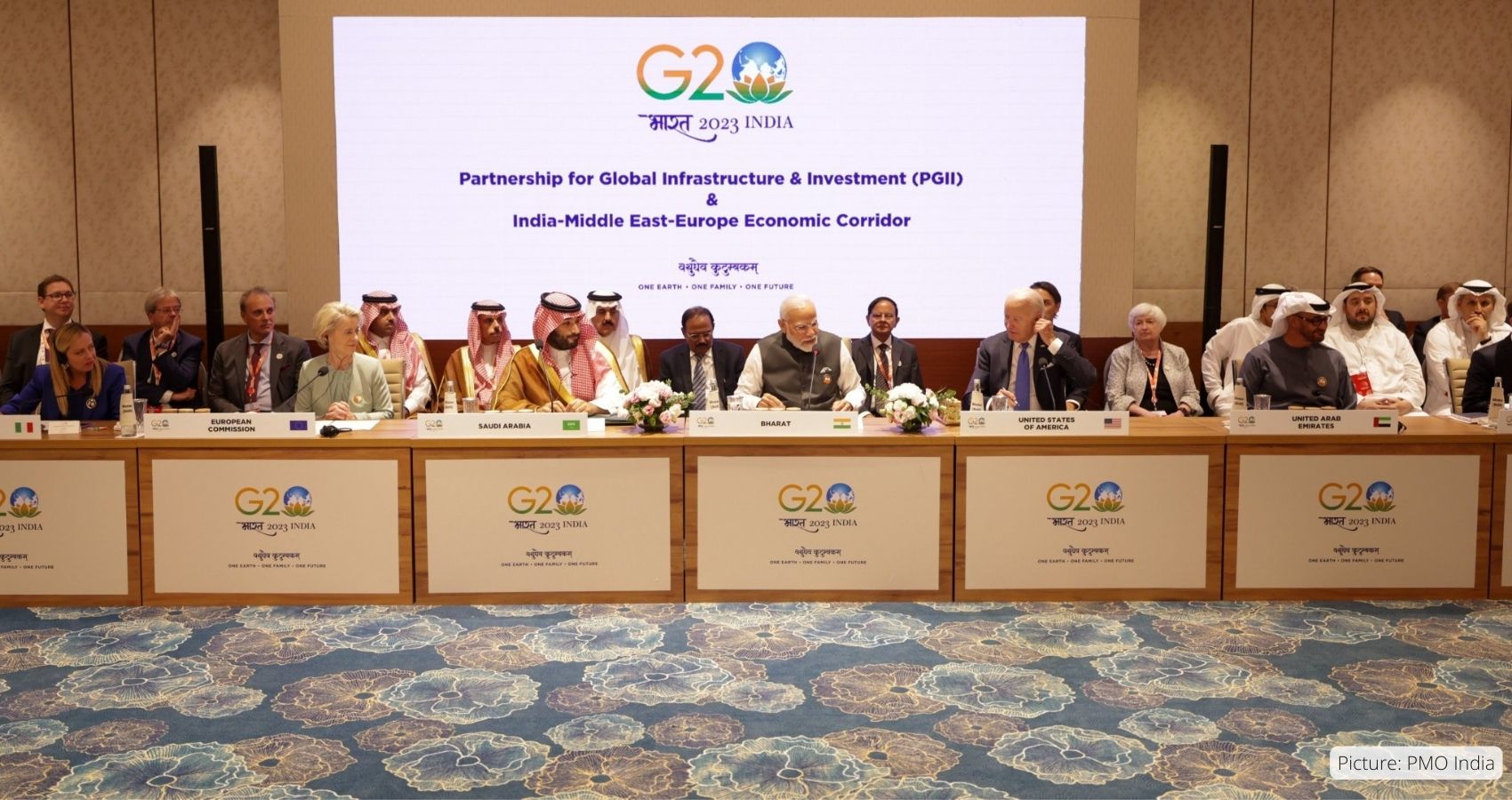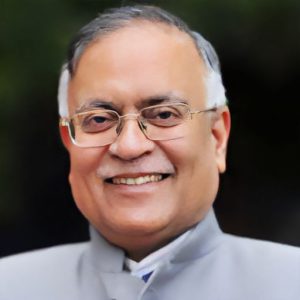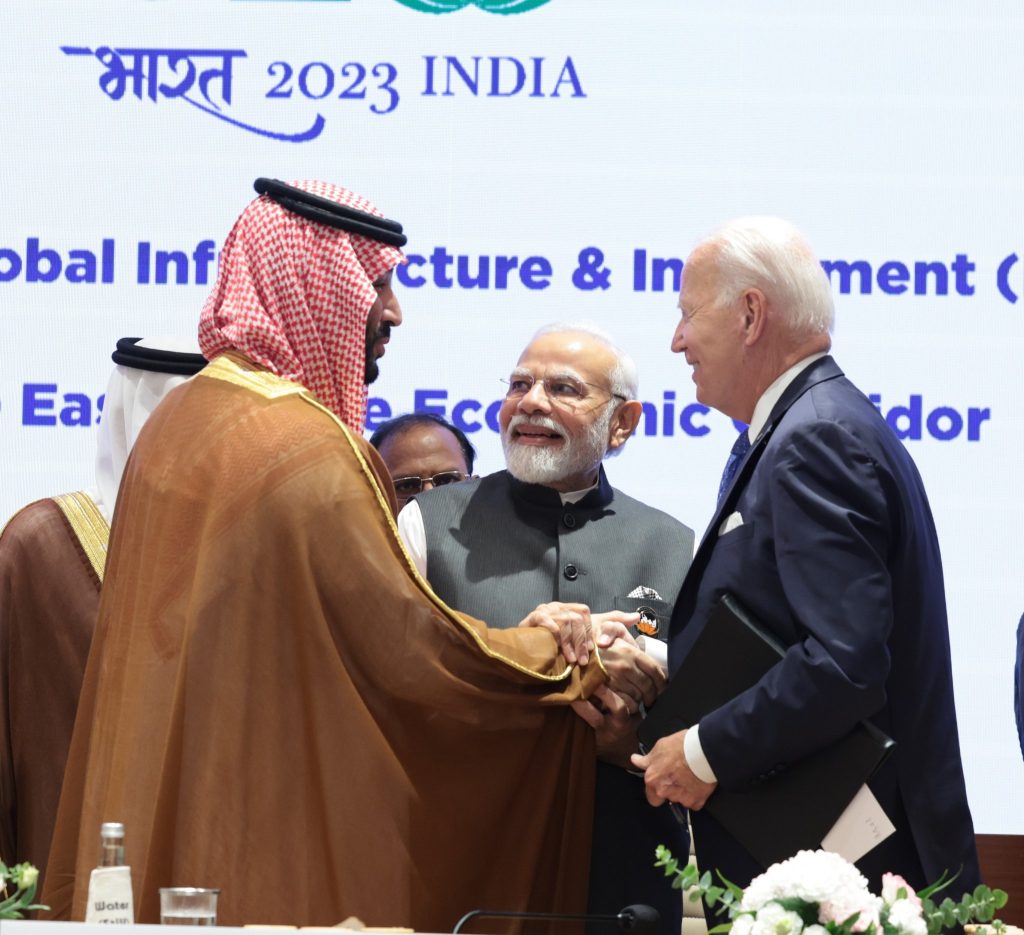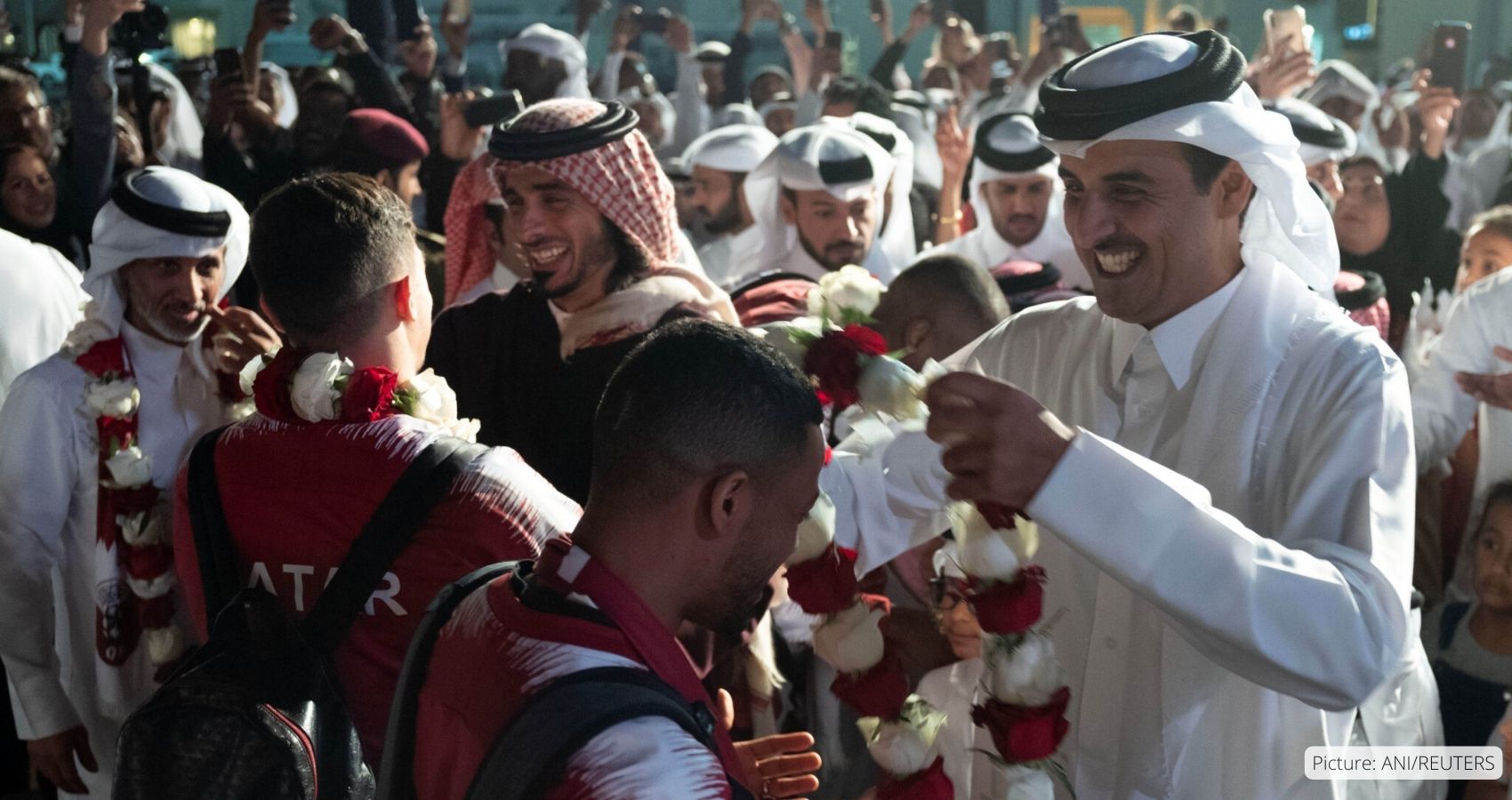Prime Minister Narendra Modi’s visit to Moscow marks a significant moment in the long-standing relationship between Russia and India. This visit, his first since the start of the Ukraine War, occurs during a critical juncture in global geopolitics. Notably, it coincides with the NATO Summit in the United States, highlighting the increasing relevance and strategic importance of Modi’s trip.
The historical ties between Russia and India have been robust and characterized by mutual cooperation in the defense, energy, and technology sectors. This enduring partnership has withstood the test of time and various global political shifts. PM Modi’s visit underscores India’s commitment to maintaining and strengthening this relationship despite the evolving geopolitical landscape.
Russia is a country with great strategic depth. Russia, the largest country in the world, straddling over 11 time zones, possesses a myriad of strengths that contribute to its unique position on the global stage. Russia has traditionally been a significant player in various aspects, from its rich history and diverse culture to its vast natural resources and geopolitical influence. Russia is endowed with abundant natural resources. The country is a leading producer of oil, natural gas, minerals, and timber, making it a key player in the global economy. As a major energy exporter, Russia plays a crucial role in shaping global energy markets and geopolitical dynamics.
Furthermore, Russia’s geopolitical influence, even though somewhat diminished, is still a significant strength that sets it apart on the world stage. As a permanent United Nations Security Council member and a nuclear superpower, Russia wields considerable political clout and influence in international affairs. The country’s strategic location at the crossroads of Europe and Asia gives it a unique vantage point in shaping regional dynamics and global politics. Its cultural legacy serves as a source of national pride and identity for the Russian people, fostering a strong sense of unity and belonging. Moreover, Russia’s scientific and technological prowess is another notable strength that propels the country forward in the modern era. Russian scientists and engineers have made significant contributions to fields such as space exploration, nuclear technology, and military innovation. Russia’s advancements in military technology, such as hypersonic missiles and advanced defense systems, further underscore its technological capabilities.
India’s economic potential is a key strength that sets it apart as one of the fastest-growing major economies in the world. It is a diverse economy spanning sectors such as information technology, healthcare, pharmaceuticals, agriculture, and manufacturing. India is home to a young and dynamic population, making it a demographic powerhouse. With a median age of around 28 years, India’s youthful workforce presents a significant advantage in terms of productivity, innovation, and economic growth. This demographic dividend has the potential to drive India’s economic progress and competitiveness on the global stage.
Moreover, India’s technological advancements and innovation ecosystem are key strengths that position it as a global hub for technology and entrepreneurship. The country’s thriving startup ecosystem has produced numerous unicorns and tech disruptors in sectors such as e-commerce, fintech, and artificial intelligence. India’s information technology and software development prowess has also earned it a reputation as a leading destination for IT services and outsourcing. With a history dating back thousands of years, India has been a cradle of civilization and a melting pot of cultures, religions, and traditions.
These strengths collectively position India as a significant player in the global economy and innovation landscape. By effectively leveraging these strengths and addressing key challenges, India can continue as a rising global power in the 21st century.
From a U.S. strategic perspective, Modi’s Moscow visit is multifaceted. Firstly, it reflects India’s independent foreign policy, which emphasizes strategic autonomy. India has consistently balanced its relationships with major global powers, including the U.S., Russia, and China, to safeguard its national interests. This visit reaffirms India’s “strategic autonomy” stance, ensuring it does not overly align with any single bloc.
The timing of this visit, parallel to the NATO Summit, is particularly significant. As NATO members deliberate on the security challenges posed by Russia’s actions in Ukraine, India’s engagement with Moscow signals its intent to act as a stabilizing force and mediator in the region. This approach could provide a counterbalance to the escalating tensions and foster dialogue between the West and Russia.
Additionally, PM Modi’s role during the G7 Summit, where he engaged with Ukrainian President Volodymyr Zelenskyy, underscores India’s potential as a peace broker. Given India’s strategic relationships with both Russia and Ukraine, it is uniquely positioned to mediate and possibly broker a ceasefire. This initiative could be pivotal in de-escalating the conflict, which has far-reaching implications for global energy and food security, both severely impacted by the ongoing war.
Escalating global conflicts and problems pose significant challenges to the international community, requiring concerted efforts and multilateral cooperation to address them effectively. From geopolitical tensions and territorial disputes to environmental degradation and public health crises such as the COVID-19 pandemic, the world faces a complex array of interconnected issues that demand urgent attention and sustainable solutions.
The prolonged Russia-Ukraine conflict has significantly strained global resources and supply chains, contributing to rising inflation and threatening energy and food security. Most G7 leaders, except Italy, are facing electoral challenges, with President Biden’s sinking poll numbers against Trump, who has claimed he could secure a ceasefire in Ukraine before taking office.
In the recent UK elections, Prime Minister Rishi Sunak’s Conservative Party suffered its worst electoral defeat in 200 years, with the Labour Party winning a landslide. In the French elections, President Macron’s party lost badly to the leftist coalition, while the rightist National Rally (RN) made very significant gains. These results were greatly impacted by the political fallout from the Russia-Ukraine war.
As the conflict continues, the question remains: how long can the world afford the Russia-Ukraine war? Its prolonged duration not only exacerbates economic instability but also endangers global security. Tensions are increasing significantly all over the world. While the NATO meeting is being held in Washington DC, China and Belarus are holding their joint military exercises on the Ukraine and Poland border. Ukraine’s attacks inside Russian territory and the spate of recent terrorist attacks inside Russia have further exacerbated the already fraught situation on the ground.
India’s intervention, leveraging its strong diplomatic ties and strategic autonomy, could be a crucial step toward resolving the conflict and stabilizing the global order. By fostering dialogue, diplomacy, and collaboration among nations under India’s stewardship, the global community can work toward resolving conflicts, mitigating crises, and building a more peaceful, secure, and sustainable future for all.
In conclusion, PM Modi’s visit to Moscow during his third term and amidst the NATO Summit underscores the nuanced and strategic nature of India’s foreign policy. It highlights India’s role as a key global player capable of engaging with multiple power centers to maintain regional and global stability. For the U.S., this visit is a reminder of the importance of respecting India’s strategic autonomy while continuing to build a robust bilateral partnership. As the global order evolves, the Russia-India relationship will undoubtedly play a significant role in shaping the future geopolitical landscape, with India emerging as a crucial mediator and stabilizer on the world stage.
“Ambassador Pradeep Kapur is an acknowledged “luminary diplomat” with a distinguished career, working closely with several Indian Prime Ministers and other heads of government, heads of state, and global leaders and policymakers in different continents of the world: Asia, Africa, Europe, North America, and South America.
Prof (Dr) Joseph M. Chalil is the chairman of the Indo-American Press Club and publisher of Universal News Network. He is an adjunct professor and Chair of the Complex Health Systems advisory board at Nova Southeastern University’s School of Business and the chief medical officer at Novo Integrated Sciences, Inc.
Dr. Chalil, Amb. Kapur, and Prof. M.D. Nalapat recently published a best-seller book, “India Beyond the Pandemic: A Sustainable Path Towards Global Quality Healthcare.”





